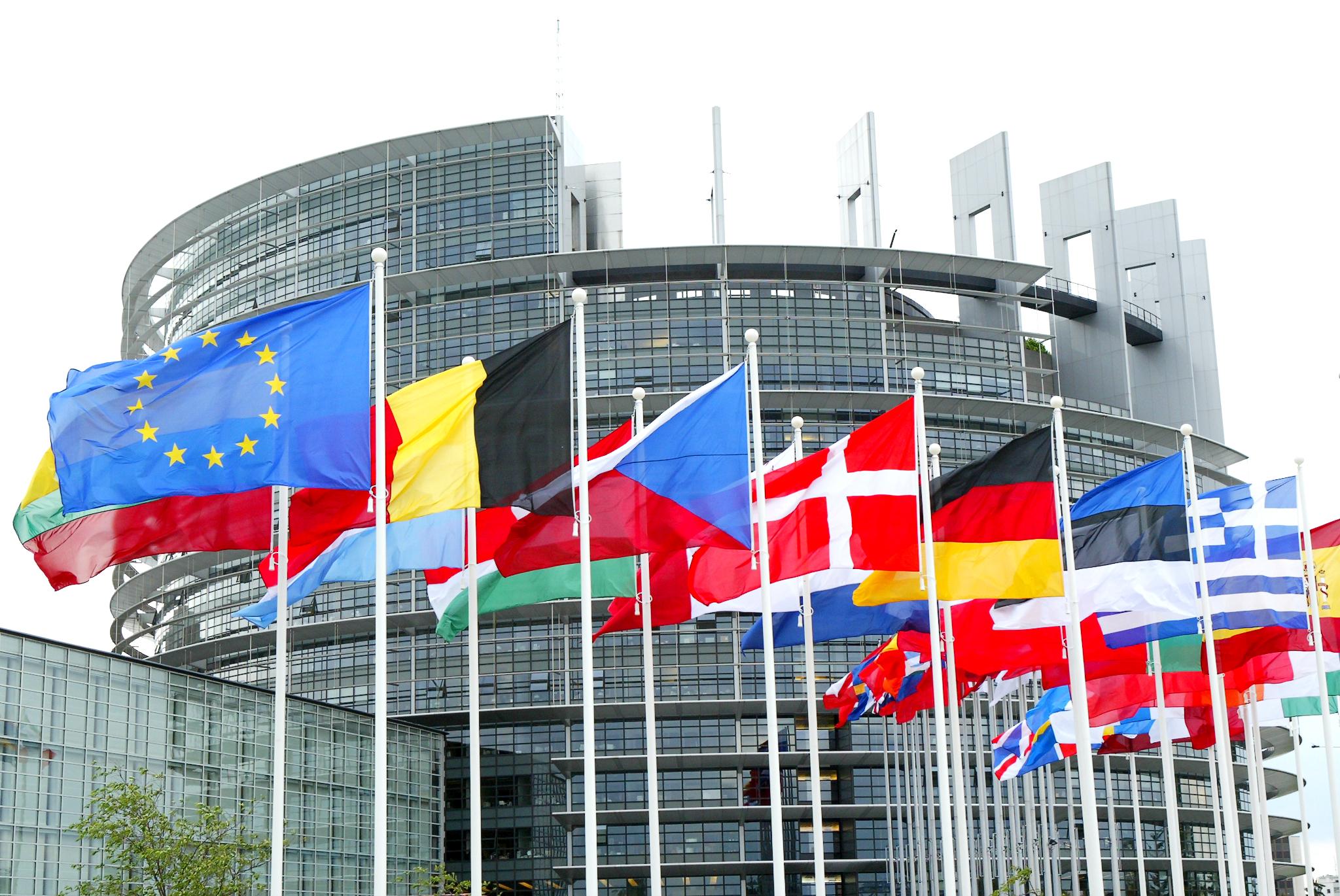Οι ευρωβουλευτές της επιτροπής Οικονομικής και Νομισματικής Πολιτικής (ECON) συμφώνησαν στη θέσπιση κοινών κανόνων για τη ρύθμιση της μεταφοράς επισφαλών δανείων (NPL) από τράπεζες σε δευτερεύοντες διατάκτες, προστατεύοντας παράλληλα τα δικαιώματα των δανειοληπτών.
Το κείμενο εγκρίθηκε με 38 ψήφους υπέρ, 4 κατά και 13 αποχές.
Τα μέλη της ECON συμφώνησαν επίσης να ξεκινήσουν διαπραγματεύσεις με το Συμβούλιο και την Επιτροπή, με 39 ψήφους υπέρ, 4 κατά και 12 αποχές.
Η αντιμετώπιση πιθανής μελλοντικής συσσώρευσης μη εξυπηρετούμενων δανείων (NPL) είναι απαραίτητη για την ενίσχυση της Τραπεζικής Ένωσης και τη διασφάλιση του ανταγωνισμού στον τραπεζικό τομέα, καθώς και για τη διατήρηση της χρηματοπιστωτικής σταθερότητας και την ενθάρρυνση της παροχής δανείων προς τις επιχειρήσεις, ώστε να δημιουργηθούν θέσεις εργασίας, να τονωθεί η ανάπτυξη και να στηριχθεί η ανάκαμψη στην ΕΕ μετά την πανδημία.
Ως μη εξυπηρετούμενα θεωρούνται τα δάνεια που έχουν εκπρόθεσμες πληρωμές για διάστημα μεγαλύτερο των 90 ημερών ή είναι απίθανο να εξυπηρετηθούν πλήρως.
H ανακοίνωση
Η πλήρης ανακοίνωση έχει ως εξής:
Economic and Monetary Affairs Committee MEPs agreed on common EU standards regulating the transfer of bad loans from banks to secondary buyers while protecting borrowers’ rights.
The text was adopted with 38 votes to 4 and 13 abstentions. The ECON MEPs also agreed to start negotiations with the Council and the Commission, with 39 votes to 4 and 12 abstentions.
Addressing possible future Non Performing Loans (NPLs) accumulation is essential to strengthening the Banking Union and ensuring competition in the banking sector, as well as maintaining financial stability and encouraging banks to lend so as to create jobs, stimulate growth, and support the post-COVID-19 recovery in the EU.
NPLs are commonly defined as loans that are either more than 90 days past due, or are unlikely to be fully repaid.
Secondary markets for NPLs
The measures put to the vote on Monday evening in the Economic and Monetary Affairs Committee foster the development of professional secondary markets for credit agreements originally issued by banks and qualified as non-performing. Third parties (credit purchasers) would be able to buy such NPLs across the EU. Credit purchasers (for example investment funds) are not creating new credit, but buying existing NPLs at their own risk. Therefore, they do not need special authorisation but will have to comply with consumer protection rules.
Supervised debt collection
Credit servicers are legal persons acting on behalf of credit purchasers and managing rights and obligations under a non-performing credit agreement such as payments collection or renegotiation of terms of the agreement. They will have to obtain authorisation and be subject to supervision by the member states’ competent authorities. Member states should also ensure that there is an up-to-date list or a national register of all credit servicers. Such lists or registers should be publicly accessible on the websites of the competent authorities.
Protecting borrowers
MEPs want to have the uniform level of protection for borrowers who cannot pay their debts, including the right to accurate information before any debt collection could take place, as well as borrowers’ data protection and protection from harassment. They also propose to take into account a borrower’s individual circumstances and ability to repay a loan while deciding on measures. Such measures may include partial refinancing of a credit agreement, modification of terms of the agreement, extending the term of the loan, currency conversions, and other ways to facilitate repayment while avoiding long-term over-indebtedness.
MEPs also insist that borrowers should not be worse off following the transfer of their credit agreement to a credit purchaser or a credit servicer. To this end, fees and penalties charged by servicers cannot exceed costs directly related to debt management. Furthermore, the contract and obligations of a creditor should not be altered by outsourcing of credit servicing.
Quotes
Esther de Lange (EPP, NL), the co-rapporteur said: “I am glad we can proceed on the aspect of secondary markets. Now it is of the utmost importance to continue with the third and final element of this file: Accelerated Extrajudicial Collateral Enforcement (AECE). The Council has been ready to work with us for quite some time already and we cannot wait to act any longer. The issue of NPL will not magically disappear. Tackling NPL more swiftly and more effectively, while providing a better legal framework for both consumers and credit providers is more important than ever. The Parliament should be ready to continue working on this.”
Irene Tinagli (S&D, IT), the ECON Chair and co-rapporteur said: “NPLs could be one of the most serious economic consequences of this COVID epidemic. Therefore, their efficient management will be essential to avoid a credit crunch. But managing NPLs doesn’t necessarily mean selling them. First of all, it means that creditors must apply all necessary measures and concessions so that the debtor can return to pay. Even if their sale becomes necessary, it is essential that the secondary market for NPL is more solid and regulated than the current one. A truly efficient secondary market for NPLs can only exist if it goes hand in hand with the preservation of financial stability and with the highest possible level of borrowers’ protection, both households and businesses. This is what we aim to do with this report.”




